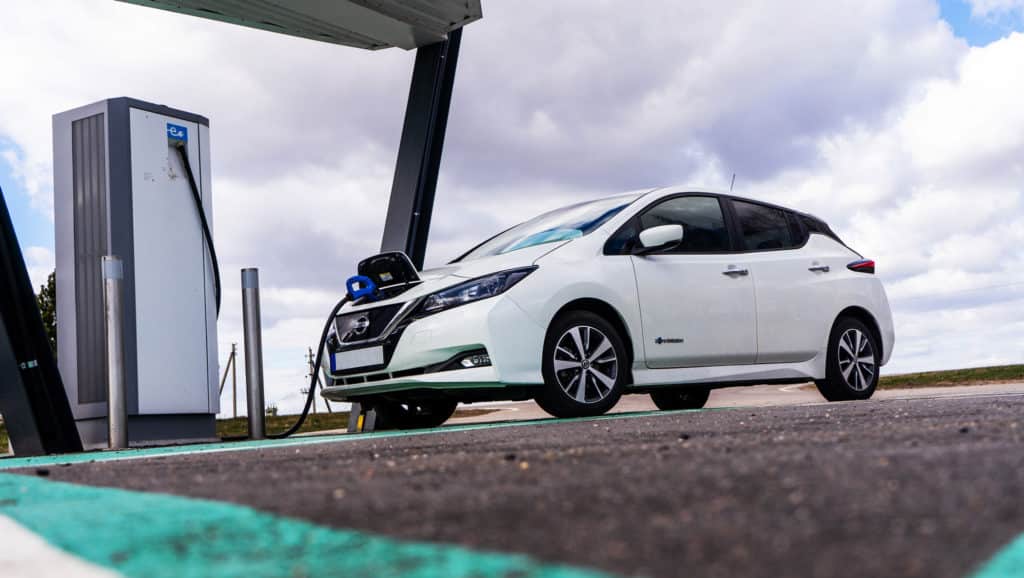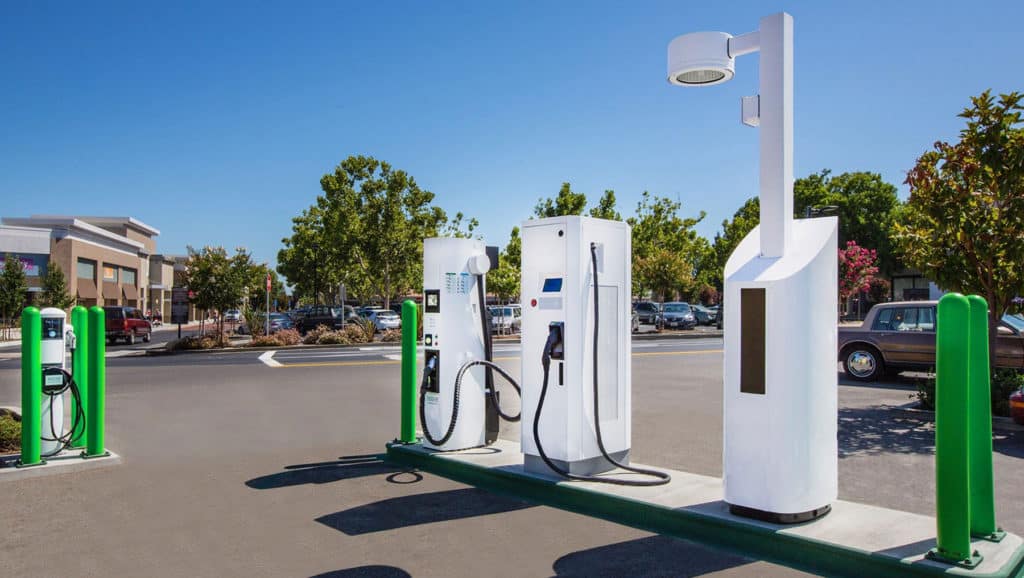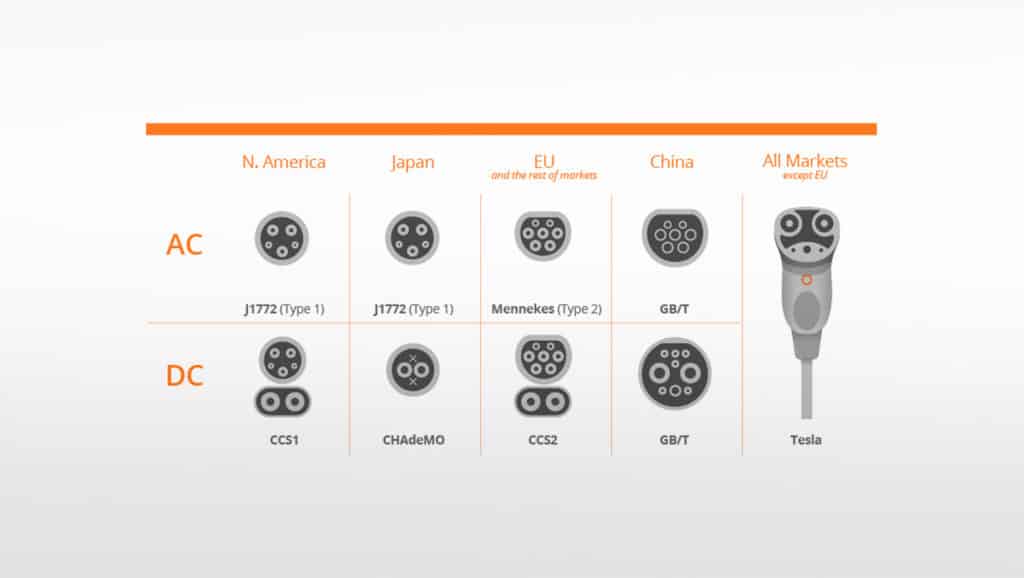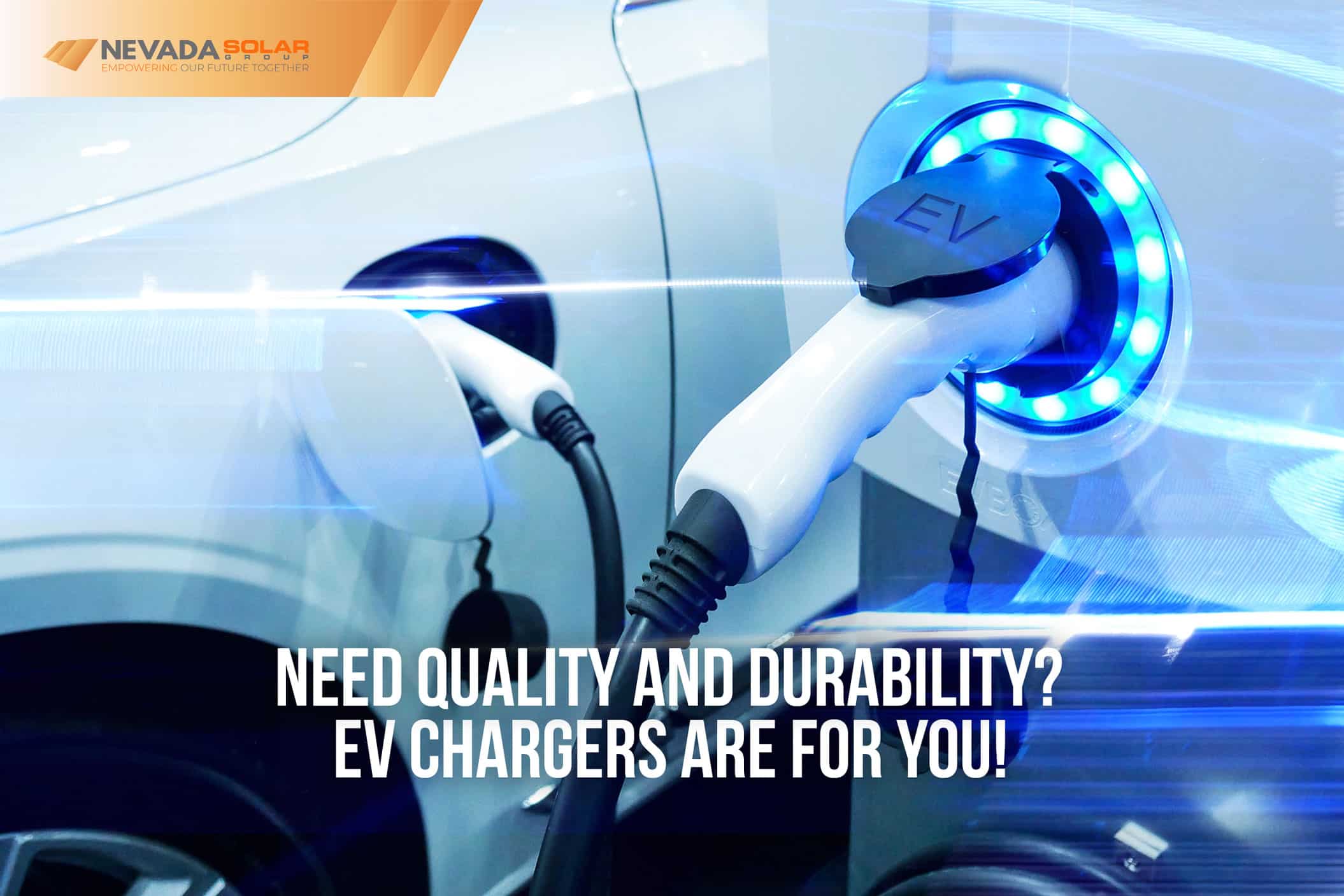The growth of electric cars and renewable energy management is transforming the new reality. To meet the needs of modern society and new generations, we need smarter mobility in everything. Moreover, with global climate change and its effect on the environment and society, the world needs a more sustainable, greener “fuel” for the economy and mainly transportation. The need for green fuel becomes especially essential as a result of recent fast technological development.

So, when it comes to the electric vehicle market, an EV is a way to solve the climate crisis and make the roads as clean as possible. An electric car is not an ordinary vehicle. With an EV, you can reduce your carbon footprint and need less engine maintenance or repair your vehicle by simply plugging it in and doing a software system update. Besides, EV’s let you save on petrol. And here come the electric vehicle charging stations.
An EV charger is an essential component for an electric car owner. An electric vehicle charging station, also known as an EVSE (electric vehicle supply equipment), will provide your car with power.
EV Charger Is Everything You Need
For a reliable, smart and emission-free future, EV chargers are the best solution. They are accessible and will meet your needs. The main advantage of an EV is that you can charge it at home, work, or shopping at a supermarket. While the EV market is growing, car manufacturers are designing new EV charging solutions: more EV charging stations in shopping malls, parking places and, of course, workplaces. So, electric cars are changing the way we move.
When thinking about buying an EV, the question you can have is how far it can go and how fast it will charge? How far the EV can go usually depends on the type and size of the EV battery, the weather, and the car’s efficiency. What for the charging time, it depends on the charger’s output, the weather, and the battery’s capacity.

Types Of Electric Vehicle Charging
For a sustainable future, EV charging companies must meet the needs of their customers.
Charging an EV is a simple process. You need to plug your EV into a charger that is connected to the electricity grid. Although there are charging stations plugged into a wall outlet or one that needs an installation. Accordingly, there are three main EV charger types: Level 1, Level 2, and fast charging.
Level 1 or 120-volt charging – this is the slowest charging type. The plug-in vehicles come with a charging cable or cord that you plug into the charging port with a box of electronic circuity between and into the regular 120-volt home outlet. Level 1 charging doesn’t deliver much power but can be enough to charge the car in a few hours at night (about 5 to 20 kWh). It is convenient and may be very useful when you often keep the vehicle parked somewhere close to an outlet.
Level 2 or 240-volt charging – this is twice as fast as Level 1 charging. Generally, battery-electric car drivers need a Level 2 charging station for their cars to recharge overnight. Level 2 chargers charge at a rate of 20 miles per hour on average. Its charger power determines the charging rate of the vehicle. SO, this charger requires a 240-volt outlet and a charging station unit.
Level 1 and Level 2 charging will primarily meet your changing needs. But in case you plan to make long-distance trips with your electric vehicle often, you can need fast charging to charge your EV faster. DC fast charging uses direct current (DC) instead of home alternating (AC) energy and is super high-powered. A regular fast charger of about 25 kW can give you additional 50 miles in 30 minutes of charging, and a modern fast charger can add more than 120 miles of range in 30 minutes of charging.
Fast charging is costly and will let you drive hundreds of miles in a day. Thus it is not a good option for daily use. So, make sure if your car needs fast charging before getting one.

Where To Charge Your EV
Today, there are many ways to charge the EV, including charging at home or work, public charging stations. Home EV charger is the most convenient and cost-effective method of charging your electric vehicle. When owning a battery-electric car, install an EV charging station in the garage or carport. 120-volt charging cords will be enough for your plug-in hybrid vehicle.
Charging the EV at work is becoming popular recently. The companies are fighting against the carbon footprint in this way. Commercial EV charging stations are not expensive, and they will also create a good reputation for the company.
Another important point when choosing a charging station is the location: inside or outside. In the event you have no garage to store your car, you will need a charging station with outdoor functionality.
Conclusion
The number is public charging stations is growing each year. With the battery technology progress and improvements, charging stations’ cost is also going down throughout the world, especially in the United States. Thus, buying an environmentally friendly car at a reasonable price is already real.
Plus, switching to an electric car is more accessible than most people realize. It just needs some planning concerning time and getting used to plug-ins instead of visiting the petrol stations.
Author of a publication: Irene Abgaryan
